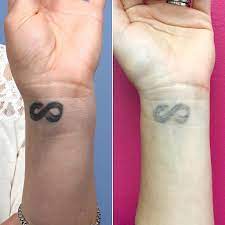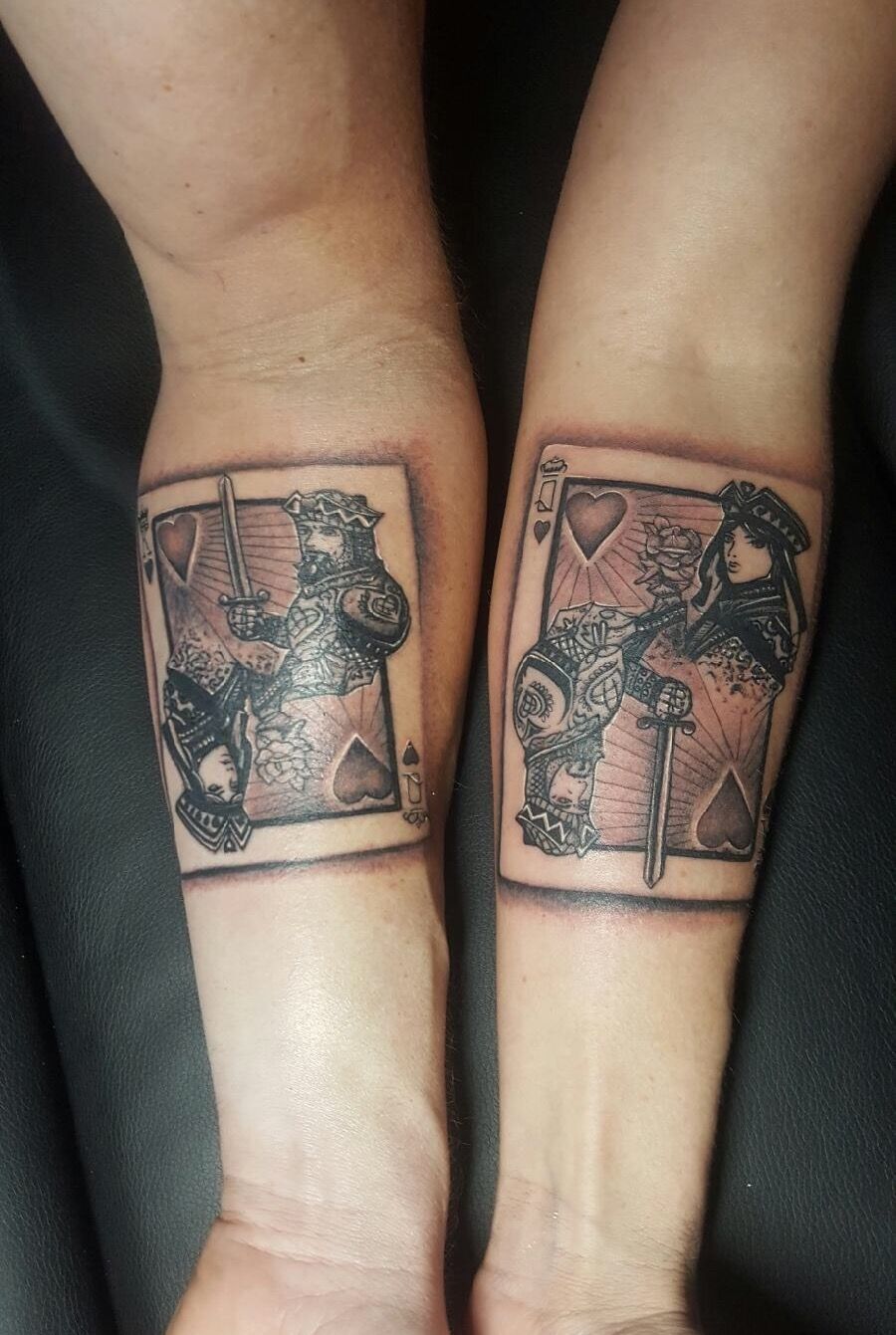
About this time, redness and swelling should start to recede. Though it may still itch, avoid scratching as this may cause skin infections and severe inflammation and distort the outcome of your tattoo.
Washing and Hydration
Wash the tattoo with warm water and fragrance-free soap twice daily, and apply a thin layer of unscented lotion for gentle hydration. Apply a thin layer of unscented lotion.
Once your tattoo has completely dried, use a light lotion or ointment to moisturize its surrounding area and keep the skin hydrated. Ensure the product is fragrance-free and doesn’t contain too many fatty or oily substances; too much wetness creates too much water, which traps germs and could potentially cause infection.
Apply the lotion three to four times each day until your tattoo has fully healed to keep it hydrated and ensure more even healing. Doing this will help avoid scabbing and ensure a faster healing timeframe.
Avoid Getting Your Tattoo Wet and Itching
Be mindful of getting your tattoo wet for long periods, such as showering, swimming, bathing, or hot tubbing. Although itching may occur as part of the healing process, do not pick or scratch at any scabs that form on it, as these will fall off naturally and won’t harm it in any way. Don’t pick or scratch.
Irritating itching can be more than simply uncomfortable; it could indicate infection or excessive scarring. Scabs may loosen and fall off prematurely, disrupting healing processes and resulting in poor-quality tattoos.
Moisturization is vital to keeping your new tattoo itch-free. Apply a thin layer of unscented lotion multiple times each day, taking care to only touch it with clean hands before applying aftercare products.
Avoid touching or rubbing the area around your new tattoo, such as tight clothing, bedding materials, and jewelry, that may irritate the wound and lead to itching. Also, try not to swim, bathe, or sweat for as long as possible, as this could further irritate and lead to further itching. Stay hydrated by drinking lots of water while eating an anti-inflammatory diet rich in fruits and vegetables to aid the healing of your new tattoo quickly. Don’t drink alcohol.
Alcohol Consumption and Shaving
Tattoos are like open wounds on your body that require all available resources for healing. Alcohol consumption may hinder this process by dilating blood circulation and making scab formation harder for skin cells. Are You Celebrating Your New Tattoo With Alcohol? Nope – avoid alcohol for at least several days before and immediately following your tattoo appointment for optimal results.
Drinking can lead to excessive bleeding, delaying healing time, and increasing the risk of infection. Drunk also lowers pain tolerance and makes sound decision-making harder, so drinking plenty of water and eating foods rich in vitamin K (which aids blood clotting) would be preferable. Don’t shave.
Shaving can cause razor burn, compromising how well a tattoo heals. Therefore, it’s best to wait until it has completely recovered before shaving again.
Your artist should shave the area before your session to ensure no hairs are in the way of needles or razors. It would also be wise to follow their lead and do this task for optimal results at home.
If you’re ready to shave, use a fresh razor and exfoliate the area first to prevent painful razor burn. Avoid shaving rough patches of skin as this could be more uncomfortable for you; always go in the direction that your hair grows to prevent ingrown hairs; taking a shower with lukewarm water rather than hot can soften hair more before shaving. Don’t rub.
Aftercare Products
New Tattoos can tempt us to touch them frequently and rub, massage, and scratch at them – yet doing so could damage skin cells and lead to infection, damaging ink and creating faded looks.
The unscented ointment should protect your new tattoo from bacteria, dirt, and germs. Most tattoo artists recommend forgoing petroleum-based products like A

